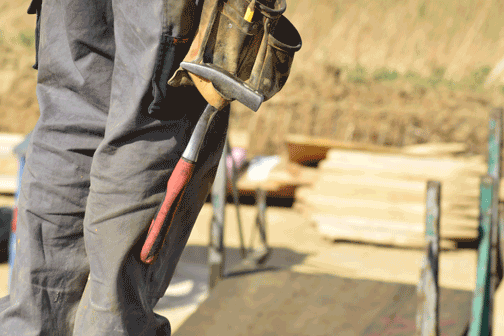Related Articles
Welcoming the Stranger
Presenter: Matthew Soerens, US Director of Church Mobilization, World Relief Description: Refugee and immigration issues have dominated headlines globally recently. While many American Christians view these…
Reflections on Short-Term Missions
A few years ago, fifteen to twenty people travelled from the United States to another country to build a village house for a missionary family. Many of the participants had construction experience. The building project lasted several weeks. By the time these Americans left, the village house was almost complete.
A Suggested Program for Field Orientation of First Termers
I. ARRIVAL 1. Clear baggage/freight from customs and unpack. 2. Register with embassy, local police, department of immigration, or other local government departments as required. 3. Acquire necessary furnishings for home; care for renovations, repairs, painting, etc. 4. Get settled in home/apartment/rooms.
Identity, Security, and Community
By Dick Brogden Jeddah, KSA. November 2019 Synopsis: God is light and in Him there is no darkness at all (1 John 1:5). It is…
In-Service Preparation: Language Study and Orientation
At the East Asia Christian Conference meetings in 1964 in Bangkok it was unequivocally stated that, “inasmuch as theresponsibility for in-service preparation rests upon the receiving Churches, it is essential that they accept this responsibility fully. They must provide for adequate language study and also for general orientation.”


